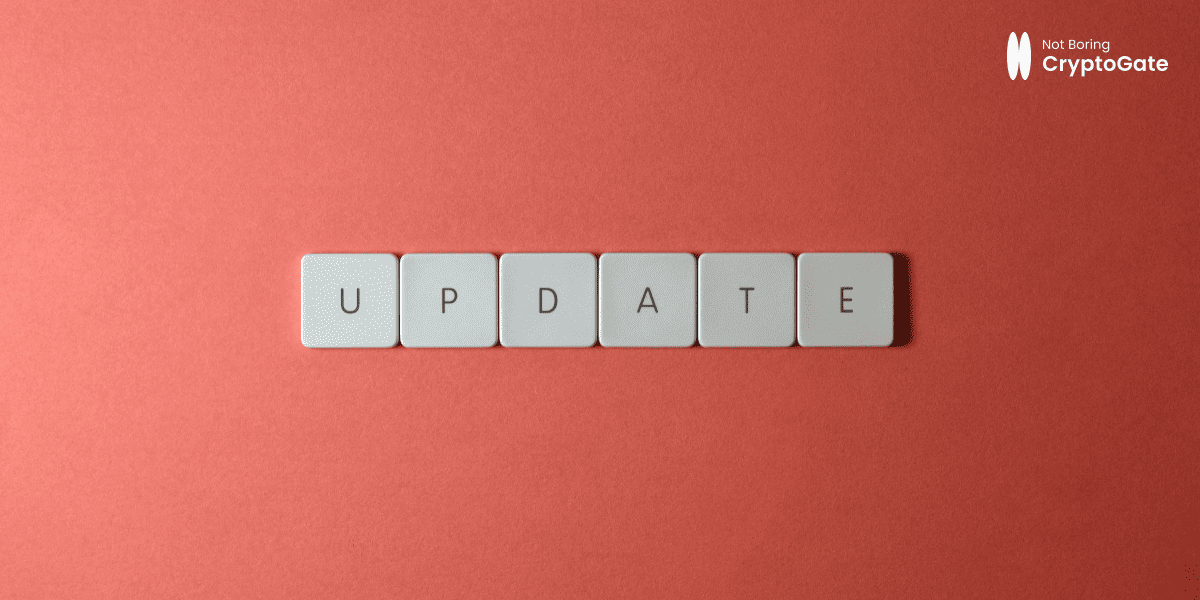
Úvod
Skrytá rizika zastaralých platebních systémů
Mnoho firem, od malých začínajících podniků až po velké podniky, se při bezpečném zpracování transakcí spoléhá na platební systémy. Používání zastaralých nebo starších platebních systémů však vystavuje podniky významným bezpečnostním hrozbám. Kyberzločinci využívají zranitelnosti ve starším softwaru, což vede k podvodům, únikům dat a porušování předpisů. Bez pravidelných aktualizací platebních systémů hrozí firmám finanční ztráty, poškození pověsti a narušení provozu, což v konečném důsledku ohrožuje bezpečnost podniku.
Význam průběžných aktualizací softwaru
Aktualizace platebních systémů není jen o přidávání nových funkcí – je to kritické bezpečnostní opatření. Vývojáři průběžně opravují zranitelnosti, vylepšují šifrovací protokoly a zlepšují výkon systému. Pravidelné aktualizace platebních systémů chrání podniky před vyvíjejícími se hrozbami, zajišťují soulad s oborovými standardy a udržují transakce v bezpečí. Upřednostňováním aktualizací podniky posilují celkovou bezpečnost svého podnikání a chrání finanční údaje i důvěru zákazníků.
Aktualizace jako obrana proti hrozbám

Jak pravidelné aktualizace chrání před novými útoky
Kybernetické hrozby se neustále vyvíjejí a hackeři vyvíjejí nové způsoby, jak zneužít slabé platební systémy. Pravidelné aktualizace platebních systémů odstraňují bezpečnostní mezery tím, že opravují zranitelnosti dříve, než je lze zneužít. Tento proaktivní přístup snižuje riziko podvodů, útoků ransomwaru a neoprávněného přístupu k citlivým finančním údajům, čímž přímo zvyšuje bezpečnost podniku.
Dopad aktualizací na výkon a funkčnost
Kromě zabezpečení zvyšují aktualizace platebních systémů stabilitu a efektivitu systému. Optimalizovaná rychlost zpracování, snížení prostojů a vylepšené možnosti integrace zajišťují bezproblémový platební styk pro podniky a jejich zákazníky. Udržováním softwaru v aktuálním stavu společnosti těží z vyšší bezpečnosti i provozní efektivity, které jsou pro bezpečnost podnikání klíčové.
Typy aktualizací platebních systémů
Aktualizace zabezpečení: První linie obrany
Aktualizace zabezpečení zahrnují záplaty známých zranitelností, vylepšené šifrovací algoritmy a aktualizace souladu s regulačními normami. Tyto aktualizace jsou nezbytné pro zachování bezpečnosti podniku tím, že chrání citlivé finanční údaje a brání kyberzločincům ve zneužití zastaralých systémů.
Funkční aktualizace: Vylepšení funkcí pro lepší použitelnost
Kromě vylepšení zabezpečení aktualizace platebních systémů často zavádějí nové funkce, jako je rychlejší zpracování plateb, rozšířená integrace se službami třetích stran a vylepšené nástroje pro odhalování podvodů. Tyto aktualizace pomáhají podnikům udržet si konkurenceschopnost ve vyvíjejícím se digitálním prostředí a zároveň zachovat robustní zabezpečení podniku.
Podpora a opravy chyb: Zajištění spolehlivosti
Včasné opravy chyb řeší systémové chyby, které mohou způsobit selhání plateb nebo zpomalení transakcí. Bez těchto aktualizací podniky riskují, že jejich zákazníci budou frustrováni nespolehlivým zpracováním plateb. Zajištění včasné implementace těchto oprav minimalizuje poruchy a posiluje bezpečnost podnikání.
Jak NBCGate zajišťuje včasné aktualizace

Zásady aktualizací společnosti NBCGate: Udržení bezpečnosti podniků
Společnost NBCGate upřednostňuje bezpečnost zavedením proaktivní politiky aktualizací. Průběžným monitorováním potenciálních zranitelností a včasným vydáváním oprav zajišťuje společnost NBCGate, že podniky využívající její platební systémy zůstanou chráněny před nejnovějšími kybernetickými hrozbami. Politika aktualizací společnosti NBCGate, která se výrazně zaměřuje na bezpečnost podniků, pomáhá společnostem udržovat soulad s předpisy a provozní stabilitu.
Nejnovější vylepšení zabezpečení v aktualizacích NBCGate
Společnost NBCGate nedávno vylepšila své schopnosti detekce podvodů, přidala monitorování hrozeb řízené umělou inteligencí a zavedla silnější šifrovací protokoly pro ochranu transakcí. Tato vylepšení poskytovaná prostřednictvím pravidelných aktualizací platebního systému zajišťují podnikům klid, protože vědí, že bezpečnost jejich podnikání je vždy posílena nejnovějšími technologiemi.
Tipy pro správu aktualizací
Jak správně plánovat a provádět aktualizace
Aby se maximalizovalo zabezpečení a minimalizovala narušení, měly by podniky plánovat aktualizace během hodin s nízkým provozem, testovat nové aktualizace v kontrolovaném prostředí před úplným nasazením a zajistit, aby byly týmy IT připraveny řešit případné problémy. Správně naplánované aktualizace platebních systémů jsou klíčové pro zachování bezproblémového provozu při současném zvýšení bezpečnosti podniku.
Minimalizace prostojů a přerušení provozu
Aby se předešlo provozním zpožděním, měly by podniky zavést redundantní systémy, informovat zákazníky o plánované údržbě a využívat bezproblémový aktualizační proces společnosti NBCGate, který zajišťuje minimální prostoje během kritických aktualizací platebních systémů. Tento přístup chrání bezpečnost podniku a zároveň zachovává nepřerušené služby pro zákazníky.
Závěr
Zásadní úloha pravidelných aktualizací v zabezpečení podniku
Pravidelné aktualizace platebních systémů nejsou jen technickou nutností, ale představují základní aspekt bezpečnosti podniku. Aktualizací platebních systémů mohou podniky předcházet podvodům, dodržovat oborové předpisy a udržet si důvěru zákazníků.
Důvěřujte aktualizacím NBCGate a zajistěte bezpečnost svého podnikání
Závazek společnosti NBCGate v oblasti bezpečnosti a inovací zajišťuje, že jsou podniky vždy chráněny před novými hrozbami. Nenechávejte bezpečnost svého podniku náhodě – svěřte společnosti NBCGate aktualizace platebních systémů, které zajistí bezpečnost a funkčnost vašeho podniku.
